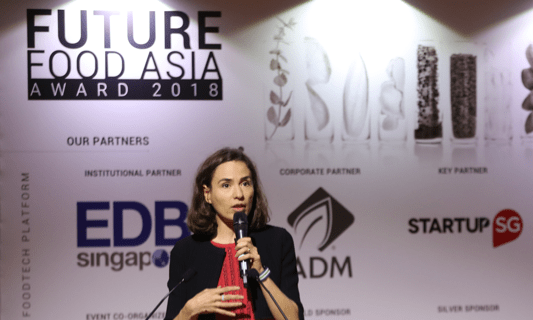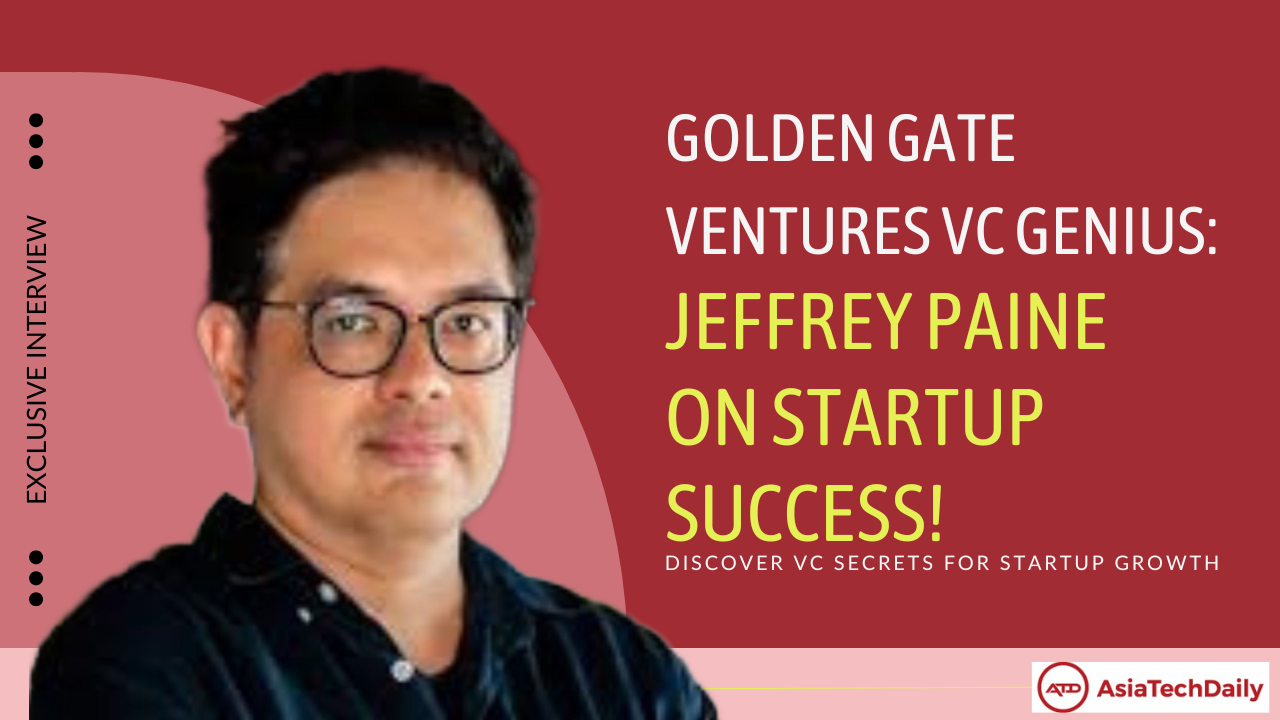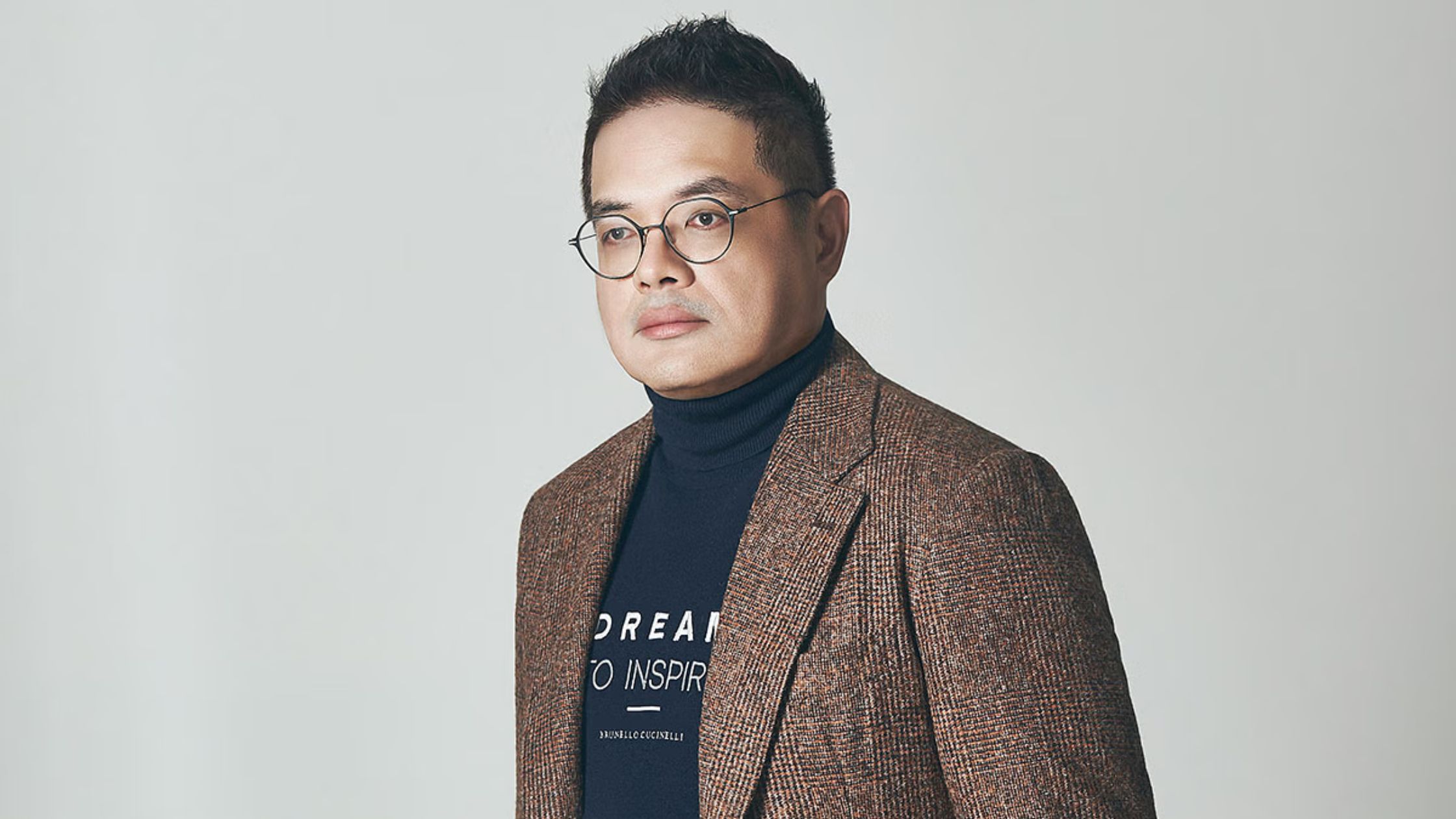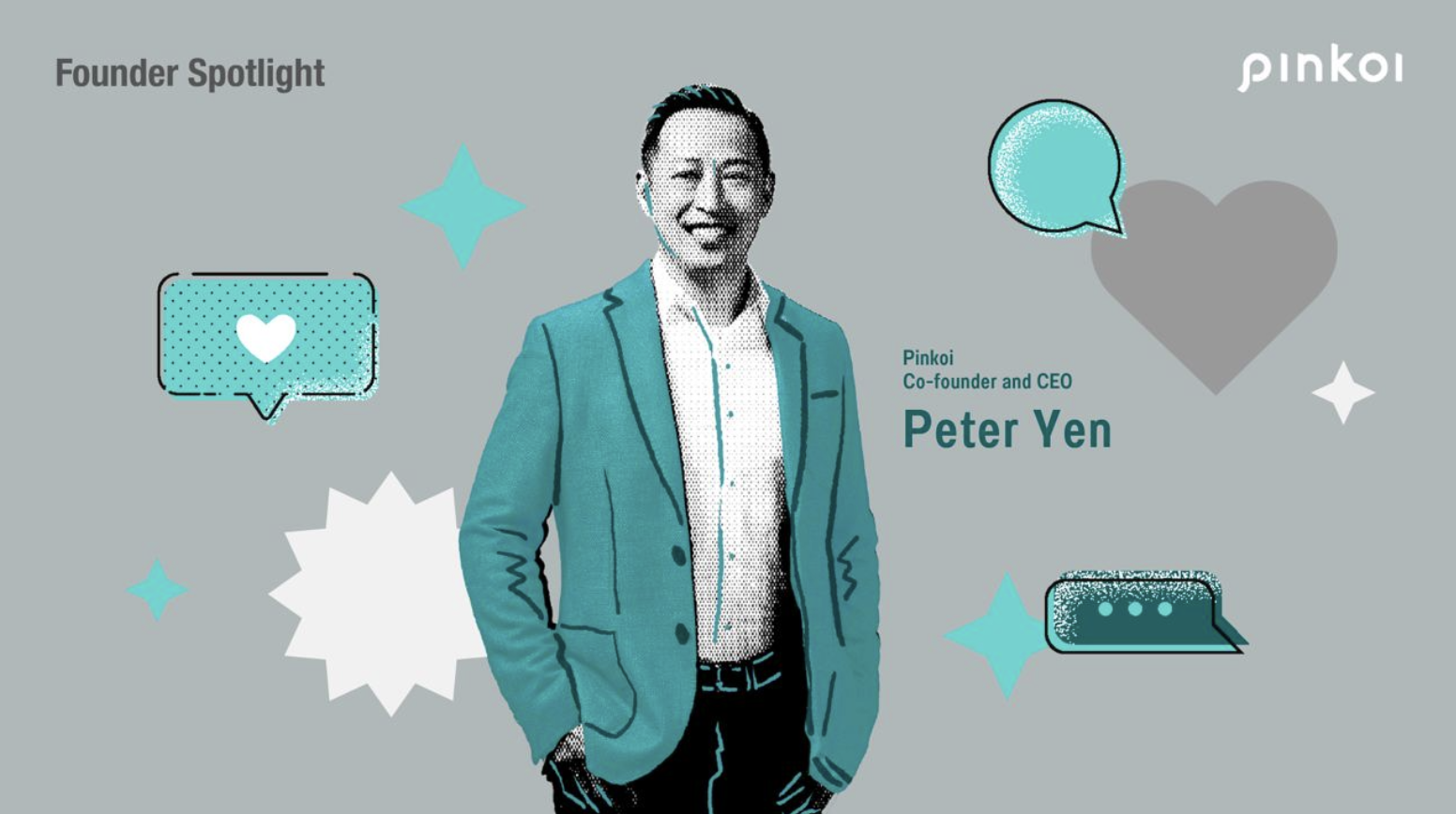AsiaTechDaily – Asia's Leading Tech and Startup Media Platform

Isabelle Decitre, Founder & CEO, ID Capital: Making a difference by investing in ‘Future of Food’
In a world that is witnessing new entrepreneurs by the day, disruption won’t be following an idea and scaling it up in a unique way. Still, it would mean coming up with an innovative idea and scaling it up to solve an existing issue. A self-proclaimed by-chance entrepreneur Isabelle Decitre says that the success of a startup lies in the distance traveled between ‘What and So-What’ while conceiving an Idea.
In an exclusive tête-à-tête with beSuccess Media, she opened up about her journey as an entrepreneur in establishing the boutique investment and consulting company ID Capital based out of Singapore that helps sustainable food solutions in the world where food-tech is predominantly defined by food delivery.
A trained engineer who has worked for 20 years in the luxury goods industry before becoming an entrepreneur after moving to Singapore in 2012. She started investing in the foodtech space in 2014. After checking out several investment sectors, she decided to focus on venture capital investment in the sustainable food solutions domain in the APAC region.
She said, “We are a thesis-driven investor and have invested in alternative proteins, regenerative agriculture, food traceability and agri-biotech, in E Green Global, a Korean biotech company bound to disrupt the $ 26 billion potato market.”
Here is a brief overview of our encounter with Isabelle Decitre.
What background and domain expertise does ID Capital have?
We are a very diverse and multicultural team, driven by a strong sense of purpose that is the need to disrupt the food and agriculture industry to build a sustainable future. I am a trained engineer who has worked for 20 years in the luxury goods industry before becoming an entrepreneur – almost by chance – upon moving to Singapore in 2012. I started investing in the food-tech space in 2014. With my team, we have developed an expertise in early-stage technology and science-driven innovation, with a focus on Asia-Pacific.
When did you first think about starting ID capital?
We ventured into the foodtech space in 2014. Through my observations early on I realized that the sector of agriculture and food technologies is both an area of personal interest and a sector that is ripe for disruption. The idea for Future Food Asia, a part of ID Capital, took shape. It is dedicated to fostering startup-driven innovations bringing more sustainability to the food system in the Asia Pacific region. However, I don’t like to call ID capital a fund we are investing in our private capital.
What kind of startups and sectors has your company invested in till now?
ID capital is a thesis-driven investing firm and we have invested in alternative proteins, regenerative agriculture, food traceability and agri-biotech, in E Green Global, a Korean biotech company bound to disrupt the $ 26 billion potato market.
What is the typical investment range of your company and how many startups you invest in per year? Can overseas headquartered startups get funding from you?
We invest up to $ 1 million per startup, usually in several tranches. ID Capital does deal-by-deal investments, typically in startups at pre-Series A and Series A stage startups in Asia. The focus is on those who are bringing disruptive innovations that serve to make the food system more sustainable. We come in at the Pre-Series A or Series A stage and can follow up to Series B. We are headquartered in Singapore and prefer to invest in the Asia-Pacific region. We are open to overseas startups but would favor investments in countries with a strong rule of law. We typically invest once or twice a year. We also have a consulting service through which we can introduce startups to relevant clients and partners, leading to several investments per year.
Any flagship event with which one can associate ID Capital?
Once a year we organize the Future Food Asia Awards, a region-wide startup competition that culminates the annual Future Food Asia conference. It’s an opportunity for regional startups raising a series A to pitch in front of strategics and investors and get a chance to win USD 100,000 or one of the Prizes awarded by our partners. This year Cargill, the leading global food company, will award the ‘Prize for Health Through Nutrition’. Thai Wah, the regional leader in starch and noodle products, will be awarding the Prize for a ‘Circular BioEconomy.’
Our unique suite of activities and services has enabled us to support many startups beyond our portfolio companies. Once again, we are happy to announce that there will be a Korean finalist amongst the 10 startups that will be invited to pitch at the Future Food Asia Conference to be held from June 7-11, 2021. The link for the event is (https://futurefoodasia.com/ffa2021/)
How did ID Capital cope up with the COVID-19 outbreak? What survival in the future?
When you consider the human tragedy of the pandemic, we find ourselves in a very privileged position because we are based out of Singapore where the situation has been extremely well managed, and for us shifting our jobs to a fully digital setup was not cumbersome. We have relied a lot on pre-existing relationships to develop the activity, and it has worked well for us. Our portfolio companies have mostly been unaffected by the pandemic, several of them thrived because their value proposition was even more compelling in a world with travel restrictions, labor shortages and supply chain disruption.
However, when it comes to closing new investments, there are few non-verbal elements required to appreciate a team of entrepreneurs that are not easy to apprehend over a video conference call. More than ever, we favor entrepreneurs addressing big pain points of the industry with good defensibility, and in a growing market segment. We also pay particular attention to the clarity of their vision and their capacity to communicate it convincingly.
What mistakes do you see founders make while raising money?
I have observed overtimes that the major mistakes that early-stage founders make fall into three categories. Firstly, the address the ‘WHAT’ but not the ‘SO WHAT.’ This happens because they are passionate about what they are doing, and can go to great lengths to explain what they are doing but fail to answer as to why people would buy their solutions, at the price fixed.
Secondly, it is about not knowing who they talk to. Many first-time entrepreneurs don’t understand the mindset and attitude of the investors they are facing. They have one pitch and it is supposed to fit all audiences, and often this strategy backfires.
Finally, they fail to make a fixation on the valuation. No doubt valuation is important, but not to the point of hampering their long-term perspectives.
Too much money at an early stage is laden with expectations, and if the entrepreneur cannot fulfill them, he may set himself on a downward spiral. We have seen many situations where to get their dream valuations, entrepreneurs get funding from a large number of small investors to whom the valuation is not of high importance. They then hope that it’s a marker of what their company is worth and put their next round at risk.
What’s your advice to entrepreneurs who have a chance to meet investors like you? What are the top 3 questions that you always ask the founders?
Anticipating that there will be many unexpected hurdles along the road, we always like to ask entrepreneurs the following questions:
- Why are you doing what you are doing? And why is it important to you?
- What is the biggest risk?
- Which are the key capabilities you need to execute your 2 year-plan and do you have them?
One piece of advice that I would like to give them is to think about these questions, not just for the sake that we may ask them, but it’s a useful compass that will help them to navigate through upheavals one face while starting up.
What’s your general thought about the term “Global” and What are the important factors (criteria) for local startups to consider for international expansion?
There is no harm in being a local startup, and certainly no harm in willing to remain “local” (ie. domestic) for startups sitting in large markets, like China, India, and the US. Meanwhile, Korean agri-tech and food-tech startups might get limited in their ambitions if they only think local. Hence if you are a founder with big ambitions and you feel like your value proposition has global relevance, come and discuss with us. We can advise you on what we think would be the best course of action.
For the risk of stating the obvious, don’t lie to yourself and be aware of your capacity to communicate in the language of choice for your international expansion – by default English, and in some specific instances, Chinese.
It’s honestly foolish to think that you can raise early-stage capital overseas if you cannot make yourself understood unless you are happy to rely on the diaspora of your home country.
The second aspect to consider is funding. Don’t start to expand overseas if you don’t have the funding for it. It will take twice as much time and money as you have anticipated, and you don’t want to find yourself caught in a situation where you have burnt cash without being yet able to harvest the benefits of your expansion or at least show some traction to your investors to raise further capital.





